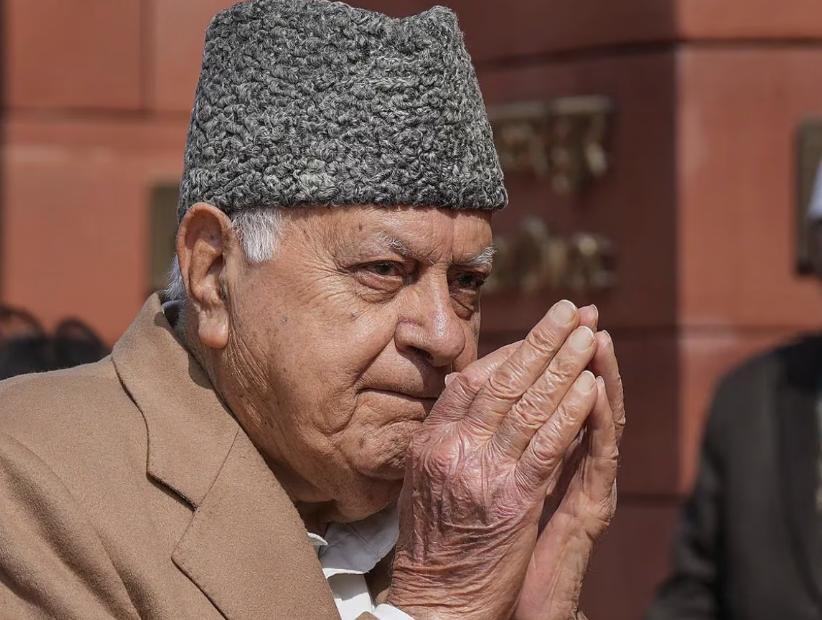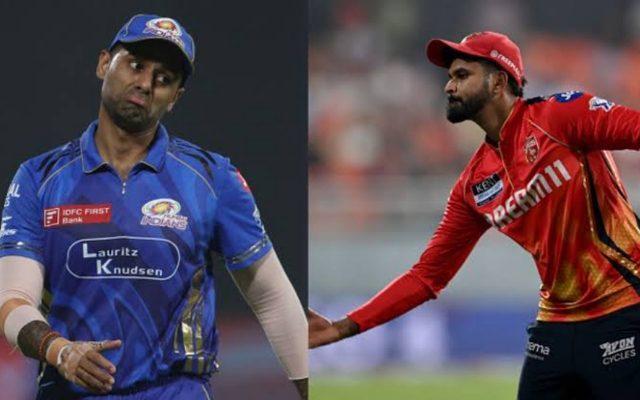
Title: Ex-R&AW chief Dulat claims Farooq privately backed Article 370 abrogation, he denies
In a recent revelation, former Research and Analysis Wing (R&AW) chief AS Dulat has claimed in his new book that former Jammu and Kashmir Chief Minister Farooq Abdullah privately backed the abrogation of Article 370. However, Abdullah has denied these allegations, calling them a “figment of imagination” of the author.
In his book, “The Chief Minister and the Spy”, Dulat claims that Abdullah’s National Conference (NC) had suggested that the abrogation of Article 370 would have helped in passing the Bill. This claim has sparked a heated debate, with many questioning the accuracy of Dulat’s account.
For the uninitiated, Article 370 is a constitutional provision that grants special status to Jammu and Kashmir, allowing it to have its own constitution, flag, and government. The provision was enshrined in the Indian Constitution in 1954, and has been a contentious issue in Indian politics for decades.
Dulat, who served as the R&AW chief from 1999 to 2000, claims that he had met with Abdullah several times during his tenure, and that the former CM had expressed his support for the abrogation of Article 370. Dulat alleges that Abdullah had told him that the NC would support the move, as it would help to address the regional disparities in the state.
However, Abdullah has vehemently denied Dulat’s claims, stating that they are nothing but a “figment of imagination” of the author. In a statement, Abdullah said, “I have never met with Dulat to discuss the abrogation of Article 370. He is trying to create a controversy where none exists.”
Abdullah’s denial has been backed by other senior leaders of the NC, who have also questioned Dulat’s credibility. The party’s spokesperson, Junaid Mattu, said, “Dulat’s claims are baseless and an attempt to tarnish the reputation of the NC and its leaders. We have always been committed to protecting the interests of the people of Jammu and Kashmir, and we will continue to do so.”
The controversy surrounding Dulat’s claims has raised questions about the accuracy of his account, and whether he has any evidence to support his allegations. While Dulat has not provided any concrete evidence to back his claims, his book has sparked a heated debate about the abrogation of Article 370 and its implications for the state of Jammu and Kashmir.
The abrogation of Article 370 was a contentious issue that was debated extensively in the Indian Parliament before the Bill was passed in August 2019. The move was hailed by many as a historic step towards integrating Jammu and Kashmir with the rest of the country, while others criticized it as a violation of the state’s special status.
The controversy surrounding Dulat’s claims is just the latest in a series of disputes that have erupted over the abrogation of Article 370. The move has been challenged in several courts, and the Supreme Court is currently hearing a petition against the abrogation.
As the debate continues, many are left wondering whether Dulat’s claims are accurate, and what evidence he has to support his allegations. While Abdullah’s denial has been vehement, Dulat’s book has raised important questions about the motivations behind the abrogation of Article 370, and the implications it has for the people of Jammu and Kashmir.
In conclusion, the controversy surrounding Dulat’s claims highlights the complex and contentious nature of the abrogation of Article 370. While Dulat’s book has sparked a heated debate, it remains to be seen whether his claims can be substantiated with concrete evidence.
News Source: https://repository.inshorts.com/articles/en/PTI/5880e3bf-0a05-40d6-887a-465b5c760b3a






